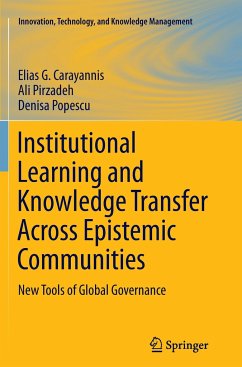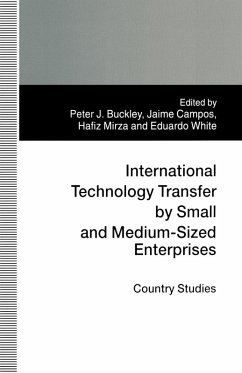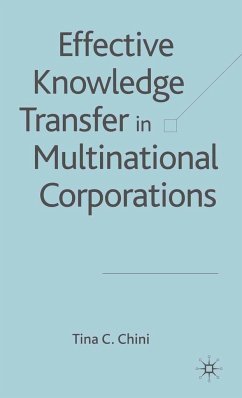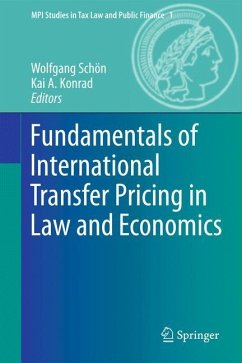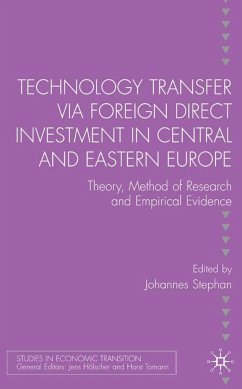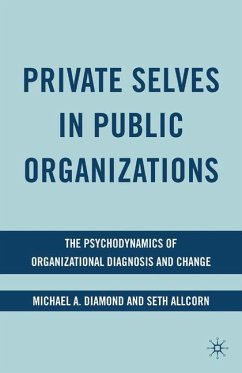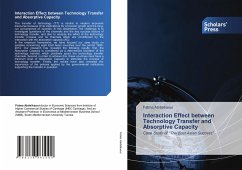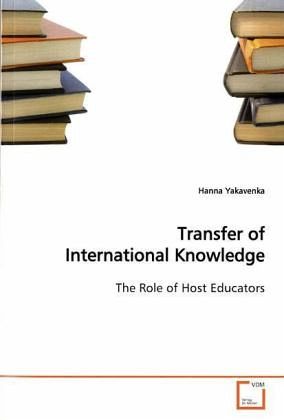
Transfer of International Knowledge
The Role of Host Educators
Versandkostenfrei!
Versandfertig in 6-10 Tagen
51,99 €
inkl. MwSt.

PAYBACK Punkte
26 °P sammeln!
This book investigates the process of management knowledge transfer into the business schools situated in Belarus - one of the former Soviet Union republics which gained its independence in 1992. The collapse of Communism in the latter part of the 20th century and the emergence of a more free market economy has created both remarkable opportunities and complex problems, as generations brought up under a strict disciplinarian regime struggle to come to terms with newfound freedoms. This book is based on in-depth research into the current situation in Belarus particularly in the area of manageme...
This book investigates the process of management
knowledge transfer into the business schools
situated in Belarus - one of the former Soviet Union
republics which gained its independence in 1992. The
collapse of Communism in the latter part of the 20th
century and the emergence of a more free market
economy has created both remarkable opportunities
and complex problems, as generations brought up
under a strict disciplinarian regime struggle to
come to terms with newfound freedoms. This book is
based on in-depth research into the current
situation in Belarus particularly in the area of
management education investigating whether the
international transfer of management knowledge has
been effective in changing perceptions and what the
key barriers and enablers are to this process. Using
a mixed method approach, the writer creates a deeper
understanding of the issue of effective management
knowledge transfer with particular emphasis on the
role of educators, necessary to illustrate the
massive impact these changes caused, and the part
that modern management knowledge has started to play
in the post Soviet environment.
knowledge transfer into the business schools
situated in Belarus - one of the former Soviet Union
republics which gained its independence in 1992. The
collapse of Communism in the latter part of the 20th
century and the emergence of a more free market
economy has created both remarkable opportunities
and complex problems, as generations brought up
under a strict disciplinarian regime struggle to
come to terms with newfound freedoms. This book is
based on in-depth research into the current
situation in Belarus particularly in the area of
management education investigating whether the
international transfer of management knowledge has
been effective in changing perceptions and what the
key barriers and enablers are to this process. Using
a mixed method approach, the writer creates a deeper
understanding of the issue of effective management
knowledge transfer with particular emphasis on the
role of educators, necessary to illustrate the
massive impact these changes caused, and the part
that modern management knowledge has started to play
in the post Soviet environment.





